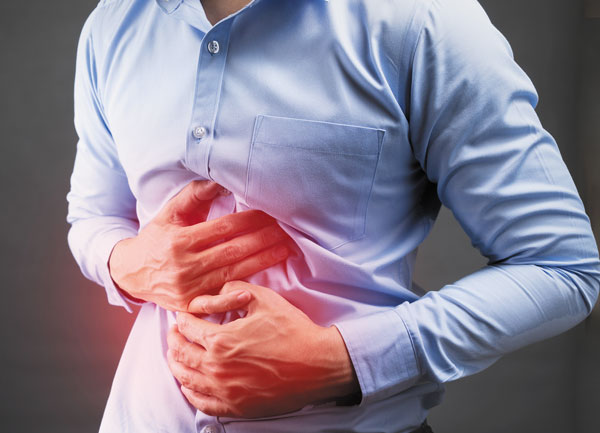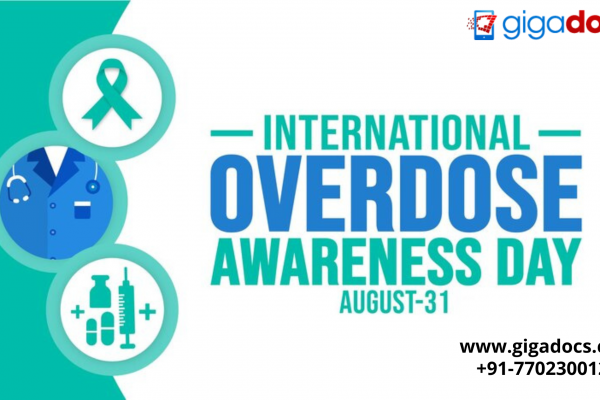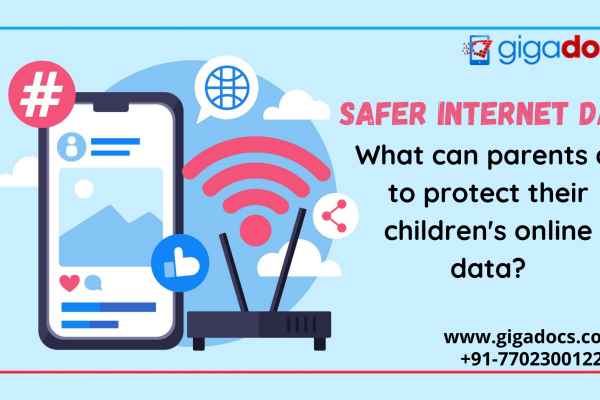Diarrhoea accompanied with COVID-19 lasting for about five days on an average is an early symptom of the Coronavirus pandemic. Though gastrointestinal problems like appetite loss, abdominal pain, nausea and vomiting can be taken as a sign of digestive illness, they are recognised as one of many COVID-19 symptoms. Gastrointestinal disorders and digestive symptoms are common signs among half of the patients hospitalized with Coronavirus. Thus, it is important to recognize digestive problems can also be related to the Coronavirus infection.
Diarrhoea and signs of Coronavirus
In a study conducted on the early experience with the COVID-19 outbreak in Wuhan, China revealed that many patients had respiratory symptoms accompanied by digestive disorders. The study covered over 200 hospitalized patients with an average age of 55 years. In the study group of 204 COVID-19 patients, 48.5% or 99 patients experienced digestive symptoms, most common of them being lack of appetite or Diarrhoea.
It is interesting to note that, patients with digestive symptoms reached out to a doctor much later than those with respiratory symptoms (16 days versus 11 days). They did not suspect COVID-19 infectivity as there were no signs of respiratory symptoms, like dry cough, tiredness or fever.
How Severe is Diarrhoea as a Coronavirus Non-Pulmonary Signal?
Diarrhoea can be a serious Coronavirus symptom continuing to show non-pulmonary (that does not relate with the lugs or the respiratory symptom) sign through faecal shedding for up to five weeks after the respiratory symptoms resolve for COVID-19 patients.
Digestive symptoms seen in Coronavirus cases –
- Appetite Loss (nearly 84%)
- Diarrhoea (29%)
- Vomiting (0.8%)
- Abdominal pain (0.4%)
Nearly one-quarter of the patients who had experienced diarrhoea along with acute respiratory troubles still had positive stool tests for the virus after the disappearance of the respiratory signs. This makes bathroom hygiene practices an important call to fight the Coronavirus pandemic.
Mitigating Digestive Infectivity -Bathroom Hygiene Precautions
As discussed, COVID-19 patients may witness faecal shedding of the virus for up to five weeks after their respiratory symptoms go away. When these patients flush the toilet, a plume of viral aerosols is released. If anyone around you has recovered or is showing any early sign of COVID-19 symptoms, these bathroom hygiene precautions must be strictly followed at the earliest-
- Before a flush- Put the toilet lid down.
- Disinfect your bathroom, doorknobs, toilet handle and seat with a household disinfectant ideally after every use or as frequently as possible. Coronavirus can survive on plastic smooth surfaces for 7 days.
- If the bathroom is shared with someone who may be sick with flu-like symptoms or gastrointestinal disorders it is highly recommended that each person should use their toilet paper roll.
- After you have used the bathroom, don’t touch your face until you have thoroughly washed your hands with soap and water or used hand sanitizer with least 60% alcohol ingredient.
How can you improve Digestive Health?
- For a healthy stomach stay hydrated, drink water and consume fruits which are rich in water content.
- Choose foods that help with digestion and mitigate signs of constipation. Plant foods like beans, whole grains, nuts, cherries, grapes are good for maintaining your blood sugar and keep your heart healthy, the two-high risk categories highly susceptible to catch the Coronavirus pandemic.
- Maintain a healthy lifestyle, even while work from home, be regular with your exercises. It can ease the discomfort of heartburn and the gas surrounding your belly.
- Eating smaller meals on regular intervals is a secret to keep weight-gain, bloating, heartburn, indigestion and other digestive problems away.
- A balanced diet helps your body get rid of waste. Consume seasonal based fruits and vegetables, consult a digital dietitian to know which vegetables and fruits can complement your daily dietary requirements.
- Keep stress away, it is related to worsening Gastrointestinal disorders and is a potent cause of ulcers. Make a schedule, be cautious if you are staying with senior citizens. Involve your children in your exercise regimes, don’t compromise on sleep, and meditate to keep your mind calm.
- If you are a regular or occasional smoker, try to quit. Smoking may cause heartburn and acid reflux and is a leading cause of cancer, another high-risk COVID-19 precondition.
- Keep your hot food hot and cold food cold, maintain separate utensils for making and serving food. Same goes with chopping meat, vegetables and fruits, keep separate chopping boards for each of them. Food safety goes a long way in preventing food poisoning symptoms like diarrhoea, and vomiting.
Consulting an Infection Disease Specialist
Telehealth is becoming the new normal as countries across the world impose a lockdown to slow down the spread of COVID-19. If you witness any flu-like or Diarrhoea and Gastrointestinal symptoms, consider booking a Digital Gastroenterologist or an infectious disease specialist by booking an appointment on the Gigadocs app.
Gigadocs is an intelligent practice management software helping you to maintain the complete healthcare of your family. Consult doctors around you, digitally store your medical records in a cyber-secure environment.
Leverage Gigadocs app to track your vitals like total steps walked, pulse rate, and share them to your doctor in your next telehealth appointment on a real-time basis. You will never miss your follow-up appointments through Gigadocs appointment notifications, sending you regular updates of your next doctor visit.
To download Gigadocs app-
IOS App – apple.co/2W2iG4V
Andriod App – bit.ly/33AQoRC
To know more e-mail, at info@gigadocs.com
Virtual doctor consultations have been very effective for gastroenterology problems. Don’t delay booking an appointment if symptoms like diarrhoea and digestion troubles don’t go away. Seek immediate medical if you have severe symptoms like a problem with swallowing or going to the bathroom. Look out for worrying signs like frequent vomits, abdominal pain, or sudden weight loss accompanied by fatigue.
Seek your digital doctor from trained health care professionals around you on the Gigadocs app.




